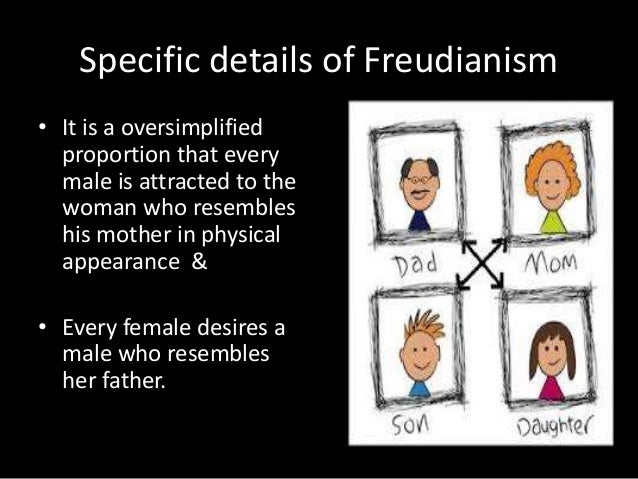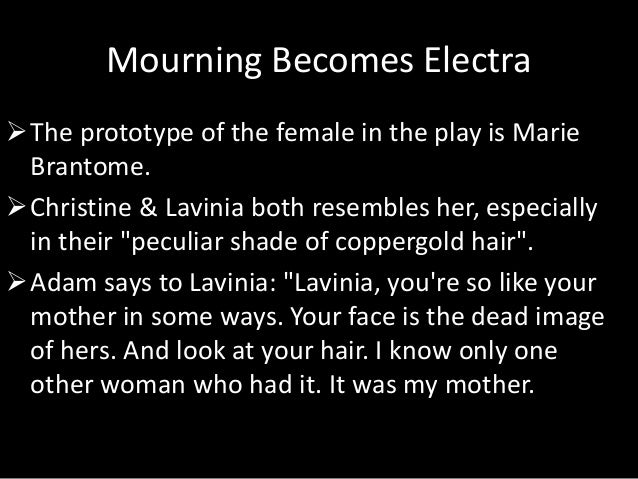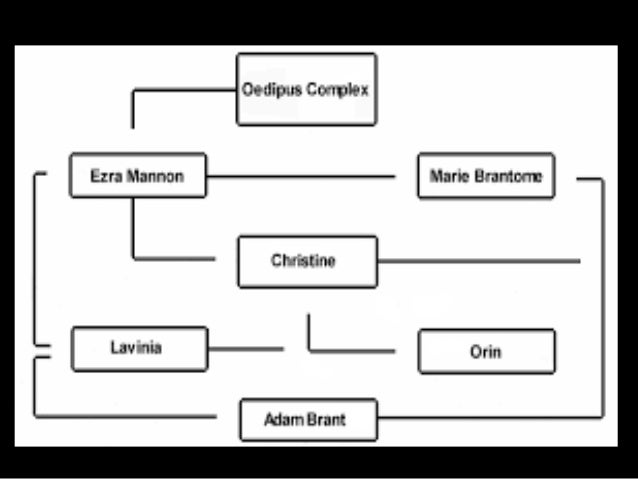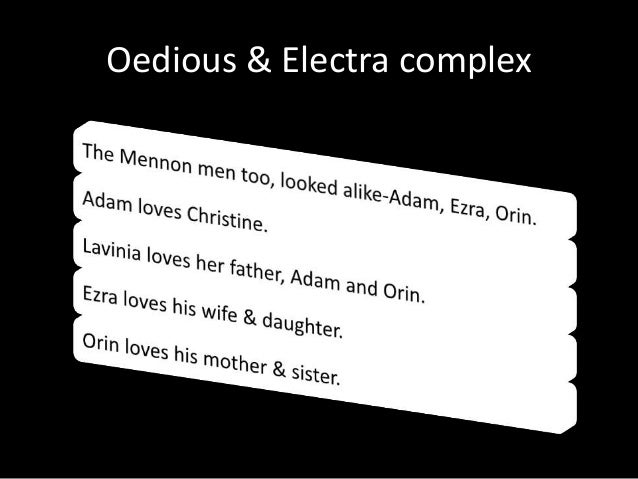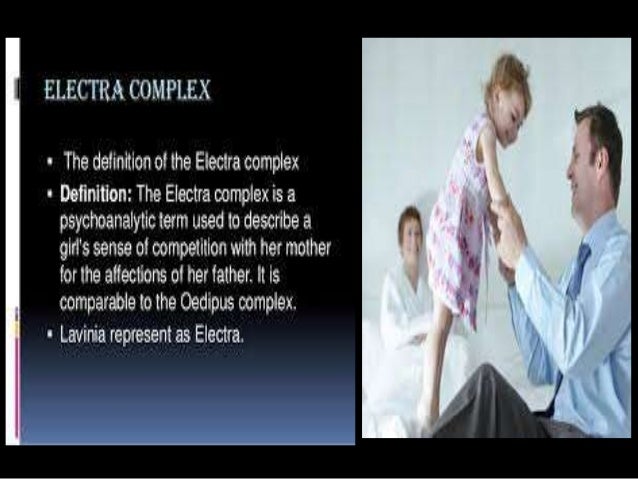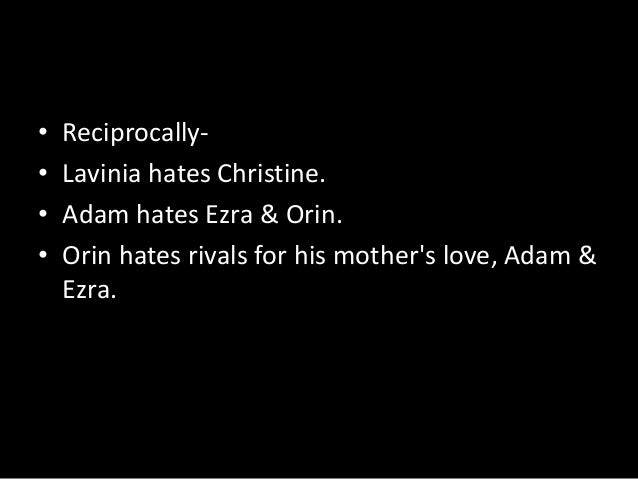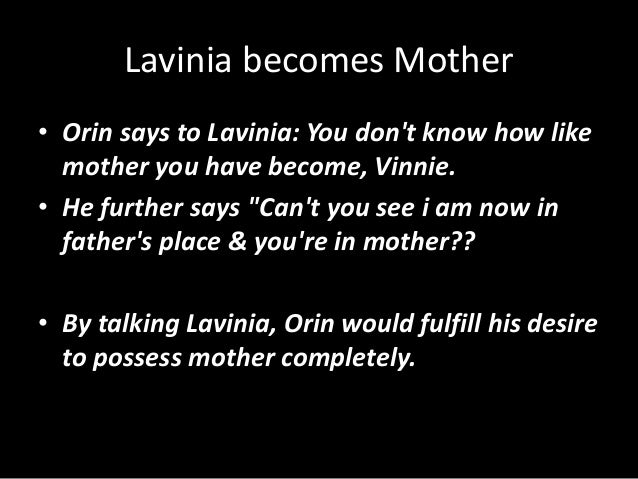"Black skin white Masks" is a Ph.d. thesis of studying the Psychology of black people and racism.
Black Skin, White Masks ( Peau noire, masquesblancs , 1952) by Frantz Fanon , is a sociological study of the psychology of the racism and dehumanization inherent in situations of colonial domination. He applied psychoanalysis
and psychoanalytic theory to explain the feelings of dependency and inadequacy that Black people experience in a White world. That the divided self-perception of the Black Subject who has lost his native cultural origin, and embraced the culture of the Mother Country, produces an inferiority complex in the mind of the Black Subject, who then will try to appropriate and imitate the culture of the colonizer . Such behavior is more readily evident in upwardly mobile and educated black people who can afford to acquire status symbols within the world of the colonial ecumene , such as an education abroad and mastery of the language of the colonizer, the white masks. (Wikipedia)
The book is divided in 8 chapters. In these eight chapters, Fanon talks about psychology of white colonizers and black people’s desire to be like white men. He talks about issue of language, marriage between white and black and psychology behind it, white mind set of ruling, black’s inequality and struggle for human existence.
1.The Black Man and the language
In this chapter the author discusses that if a black person does not learn the white man’s language perfectly, he is unintelligent yes if he does learn it perfectly, he has washed his brain in the world of racial ideology.
According to Fanon
“The Negro enslaved by his inferiority, the white man enslaved by his
superiority alike behaves in accordance with a neurotic orientation.”
Essentially the Negro is born into a hopeless situation. In this context, the black man will never be normal, but always an inborn no, a preborn human of abnormality. "Let me add only that in the psychological sphere the abnormal man is he who demands, who appeals, who begs." Fanon invokes Freud; however the Oedipus complex is a luxury for the white man.
2. The woman of colour and the white Man
The colonized women look down on their own. Race and deep down won’t to be white. In “The Bluest eye” of “Tony Morrison” we find a black desire of white woman.
There are two such women: the Negros and the mulatto. The first has only one possibility and one concern: to turn white. The second wants not only to turn white but also to avoid slipping back. What indeed could be more illogical then a mulatto woman’s acceptance of a Negro husbands? For the understood once and for all that it is a question of saving the race.
Further fanon talks about three women, Mayotte, Nini and Dedee. Those entire woman are part white. A Blackman proposed Nini. Police was called because he is black and she is half white he has offended her “white girl’s” honours. Dedee was proposed by a man with a good government job. She was eager to enter the white world where Mayotte, the third woman had an affair with a married white man. She goes to white side of town with him where the white woman made her feel unworthy of him.
The woman colour wants to marry with white people because she believes that
‘Look a Negro!’ ‘Dirty nigger!’
3.The man of colour and white woman.
“The man of color and the white woman” reveals a boy, team venues that grow up in France and desired white woman. As a civil servant, he just is a bad as the whites.’
I want to be recognized not
As Black but as a white (Franon)
In this chapter Fanon talks about the condition of man as a Black. He says that these men wants to become white, they are also equal to whites. Gwendolyn Brook’s poem “We real cool’’ deals with the same theme.
4.The so called dependency complex of the colonized people.
In this chapter Fanon argues that a people of colour may have deep desire for white rule. Those who opposite to it they don’t have secure sense of self that they have very chip sense on their shoulder.
If the black is not a man, then what is the biological, psychological and cultural identity of the black? If the black is not a man, what and who is black? Fanon’s answer to this is equally enigmatic: ‘The black is a black man.’ Moreover, his answer to what a black man wants is more enigmatic: ‘The black man want to be white’. In this book he said that...
“Toward a new humanism…Understanding among men...Our colored brothers...Mankind I believe in you...Race prejudice...To understand and to love...From all sides dozens and hundreds of pages assail me and try to impose their will on me.
But a single line would be enough. Supply a single answer and the colour problem would be stripped of its importance’ .A single answer was and is indeed not enough to deal with Dubois’ old problem of colour line.”
5.The Lived experience of Black Man
This chapter deals with them pathetic situation of black people. Here it is shown that being always black as if they are never fully human being. No matter however education or intelligence you have or no matter how well you perform in to the society. Even we have to mention here the black historical movement to support this argument.
After that Fanon categorises this chapter …
§ He is seen not as Dr Fanon ,But as a Black Man who is a Doctor.
§ Being Seen as a Negro , never a man .
§ White people do not see him , they see his body .
§
6. The Black Man and Psychopathology.
“Black man and psychopathology” is related with some wrong beliefs that white had for natives”
Why should people fear of being as a black? Here the white man repressed the Homosexuality and their strange hang ups about black man’s penises more generally, black man are viewed as a bodies which makes them seems like mindless, violence, sexual, animal beings. All the bad meaning that the word “Black” had even before Europeans set foot in black Africa.
Here he writes that
7. The Black Man and Recognition.
“The black man and Recognition” draws our attention as the author writers “ I am narcissus, and I want to see reflected in the eyes of the other an image of myself that satisfied me.”
Even we can also prove the post colonialism through these points
· The idea of Blackness
· The idea of identity
· Notion of desire
· The idea of Negritude
· Other
·
8. “By way of conclusion
“By way of conclusion” is the final chapter, Frantz fanon does not want to be a black man, and he wants to be amen plain and simple. Black and white could not live in present as they can’t separate themselves from their past, says fanon.
He writes……
“I will not make myself the man of any past. I do not want to sing the past to the detriment of my present and future.
§ Let the dead bury the dead:
§ I am my own foundation.”
Fanon says he has only one rights and one duty.
1) The rights to demand human behaviour from the other.
2) The duty to never let his decisions renounces his freedom.
